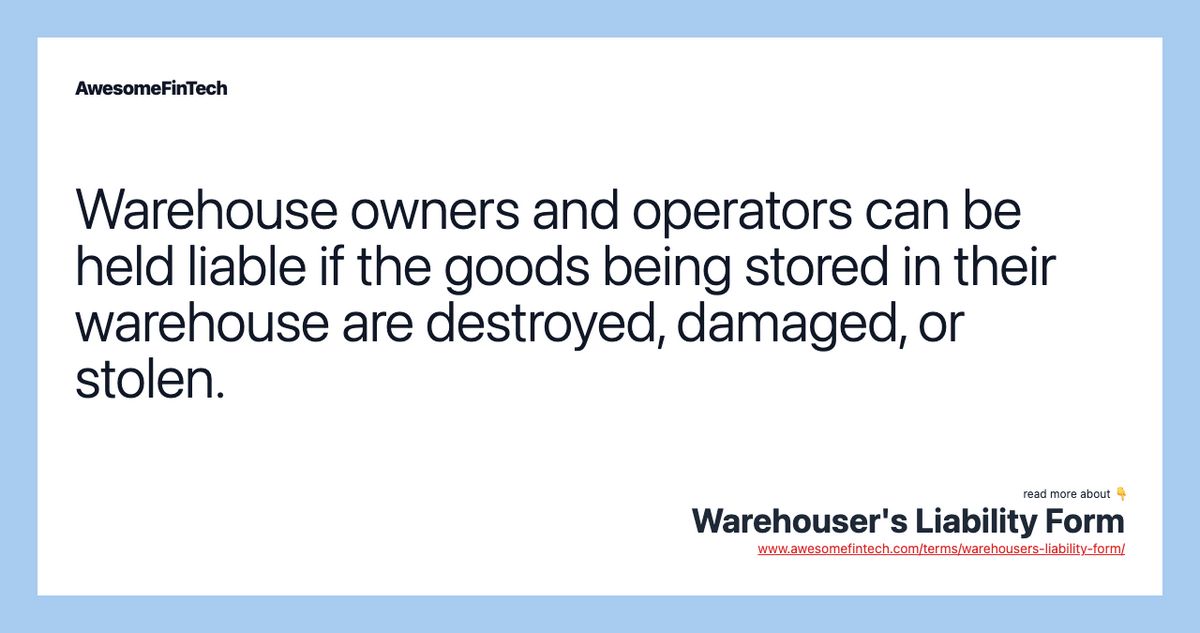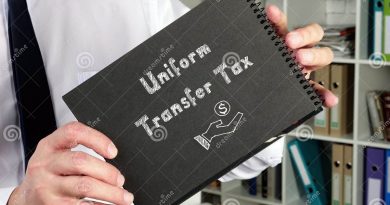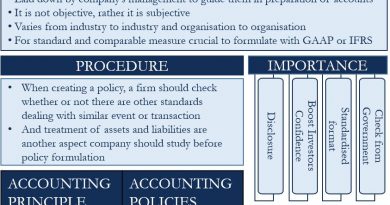Warehouser s Liability Form What It is How it Works

Contents
Warehouser’s Liability Form: What It is, How it Works
What Is a Warehouser’s Liability Form?
A warehouser’s liability form describes the obligations of a storage facility to its customers. Warehouse owners and operators can be held liable if the goods stored in their warehouse are destroyed, damaged, or stolen. Warehouser’s liability insurance protects owners and operators against legal defense costs, damage awards, and other expenses related to a damage claim.
Key Takeaways
- A warehouser’s liability form describes the obligations of a storage facility to its customers.
- Warehouse owners and operators can be held liable for destroyed, damaged, or stolen goods.
- Warehouser’s liability insurance protects owners and operators against legal defense costs and damage claims.
- Warehousers establish rights and obligations with customers before taking possession of property.
Understanding a Warehouser’s Liability Form
Warehouser’s liability forms vary between storage facilities. Certain types of property, such as money, precious metals, and stones, are commonly not covered. Once the owner removes their goods from the warehouse and signs a warehouse storage receipt and release of liability, the warehouse owner or operator is no longer responsible for the goods.
Warehouser’s Liability Insurance
Under the United States Uniform Commercial Code, storage facility operators assume liability for the goods they warehouse. They must follow a legal standard known as reasonable care. If a warehouser fails to take reasonable care, the company is liable for damages. Warehouse companies purchase additional insurance to protect themselves in case they need to compensate customers for damaged goods. In cases where insured warehousers are negligent and property is damaged, the insurance company often compensates the property owner directly.
Understanding Bailment Laws
The relationship between a warehouser and the owner of the goods being warehoused is known as a bailment. Bailment laws regulate the relationship between the owner of a property and another party temporarily in charge of that property. A bailment occurs when property is controlled by a party that is not the owner. It does not necessarily require a contract and can be recognized by courts in the United States. To claim damages, a property owner must establish that a bailee had physical possession of the goods and the intent to exert control. Warehousers have the responsibility to protect the property in their control, but they are not liable for damage resulting from Acts of God, such as earthquakes.
Warehousers are held responsible for goods in their possession, so it’s in their interest to establish rights and obligations with customers before taking possession of property, through documents like a warehouser’s liability form.



